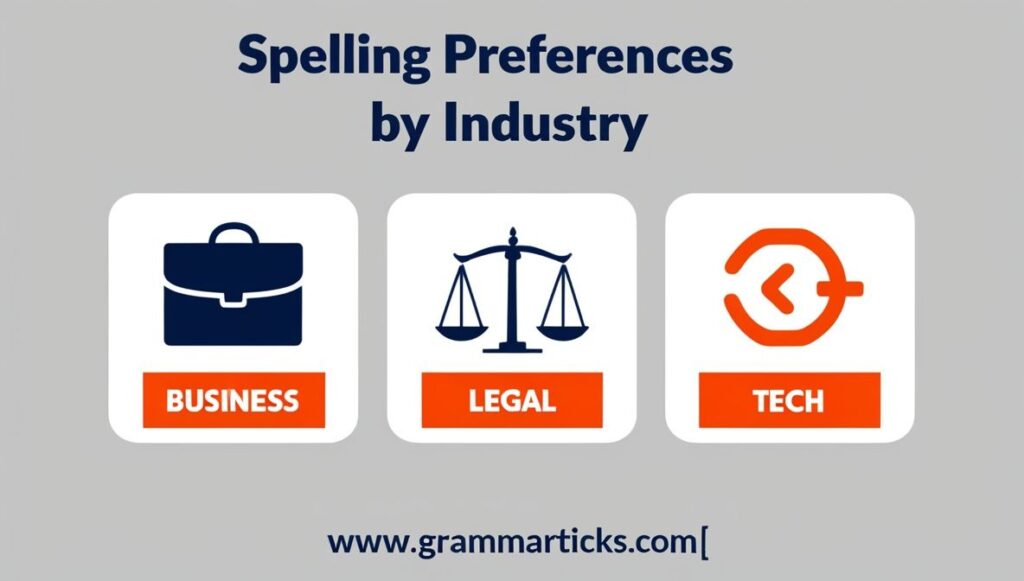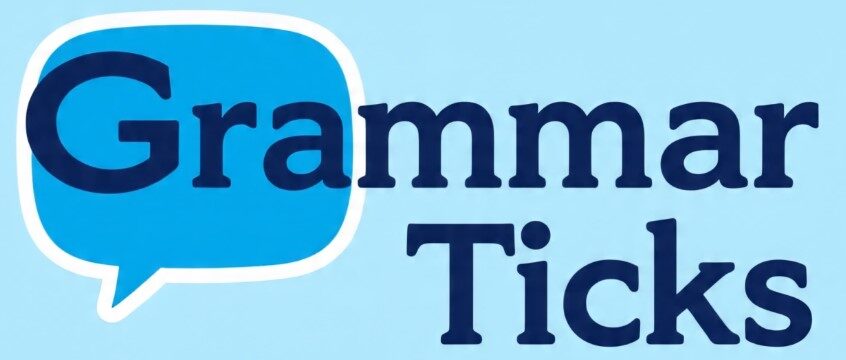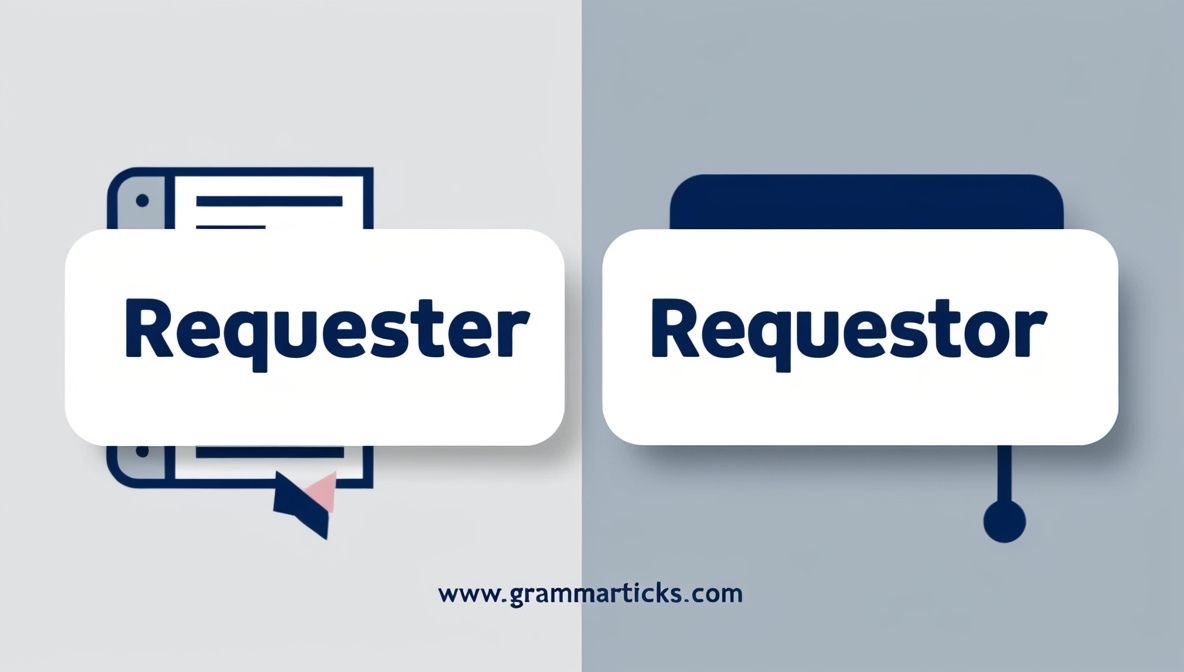Deciding between “Requester or Requestor” might seem minor, but it’s a detail that can shape how polished and credible your writing appears. Both words share the same root and general meaning someone who makes a request but they follow different patterns of English language usage. So, which one is the correct spelling of requester?
This post dives into the subtle spelling difference, explores how each term fits into business terminology, technical writing terms, and even legal terminology. Whether you’re drafting an email, coding an API, or preparing a formal document, understanding this often overlooked pair can sharpen your grammar and boost your professional communication.
What Do “requester” and “requestor” Mean?
Both terms refer to someone who makes a request. The requester meaning and requestor meaning are the same. What changes is how and where they’re used. Requester is more common in general and business English, while requestor appears in technical or legal writing.
requester vs requestor: Spelling Difference
The main spelling difference is in the suffix. Requester ends in –er, the standard in modern English for agent nouns (like writer or builder). Requestor, ending in –or, is less common and sounds more formal. Both are accepted, but requester is the more popular and widely used spelling.
Origins and Etymology
Both words come from the root verb request, which has Latin origins. The suffixes –er and –or are used to form agent nouns words that describe someone who performs an action. English often uses –er, while –or appears in words with Latin influence, like actor or editor. This explains why both forms exist.
Examples in Context
Let’s look at how both terms appear in real-life situations:
Scenario: Business Email
- “The requester submitted the form before the deadline.” In this setting, requester sounds natural and fits well in business communication.
Scenario: Technical Documentation
- “The requestor must provide a valid access token in the API call.” Here, requestor fits because it matches standard computer programming terminology.
Scenario: Legal Document
- “The requestor shall be held liable for any misrepresentation.” In legal language, requestor aligns with typical legal terminology.
Industry Norms Table

| Context | Preferred Spelling | Notes |
| Business emails, reports | Requester | Common in workplace communication |
| Legal documents | Requestor | Seen in contracts and formal legal text |
| Technical writing, APIs | Requestor | Used in coding, specs, and documentation |
| Academic writing | Requester | Preferred in formal but general writing |
Tips to Overcome Confusion
- Use requester in everyday writing it’s safe and familiar.
- Choose requestor only if your industry or document style calls for it.
- Be consistent. Don’t switch between the two in one piece.
- Review past documents to see which spelling your team or organization prefers.
Synonyms You Can Use
If you’re repeating “requester” or “requestor” too often, try one of these:
- Applicant
- Petitioner
- Inquirer
- Submitter
- Claimant
Each synonym fits a slightly different context, so pick the one that makes sense based on your subject.
FAQs
Both are correct. Requester is more commonly used in most forms of writing.
No, it’s valid especially in legal or technical contexts.
It’s best not to. Pick one and use it consistently throughout.
Conclusion
The words “Requester or Requestor” mean the same thing. But they’re used in different ways. Requester is more common in everyday writing, emails, and business documents. Requestor shows up more in legal papers or tech writing. Both are correct, so don’t worry too much. Just choose the one that fits your audience or industry. The key is to stay consistent. That small choice can help your writing look clear and professional every time.

